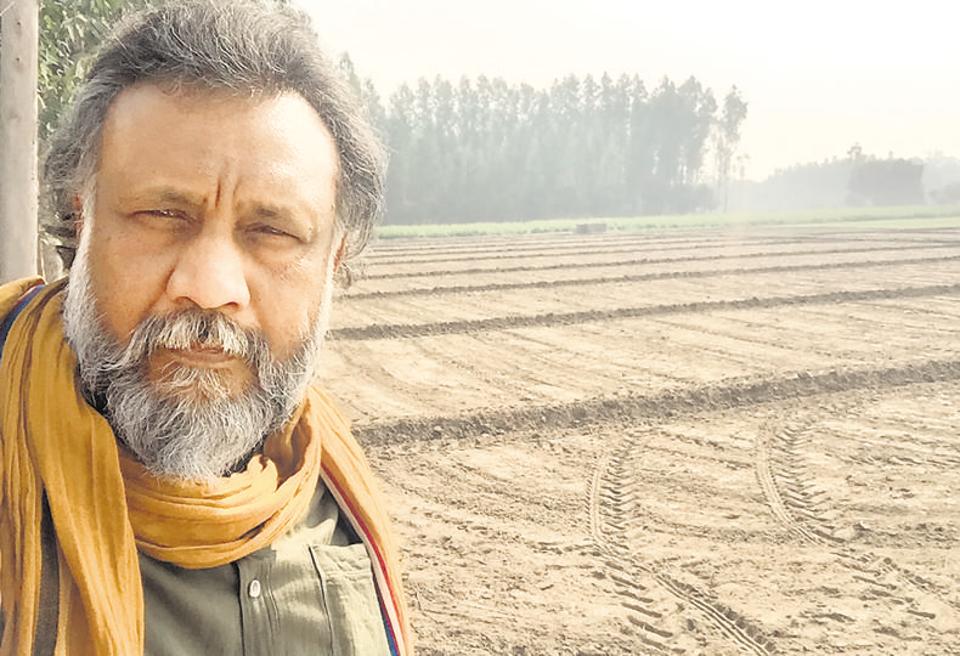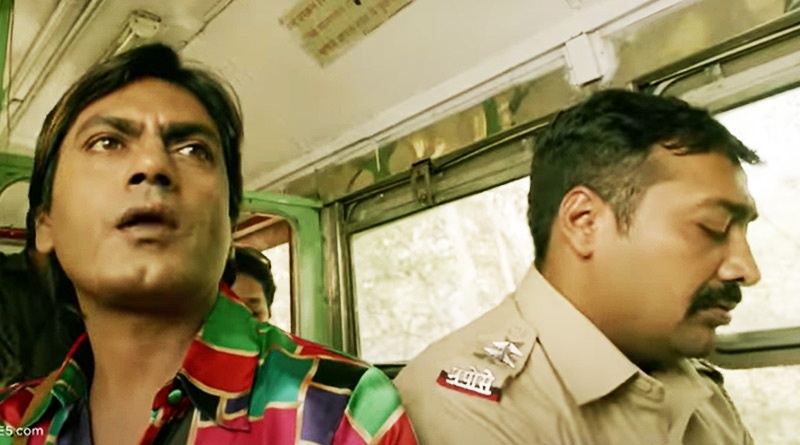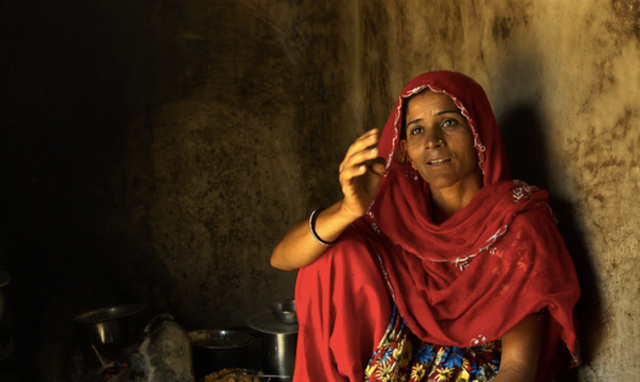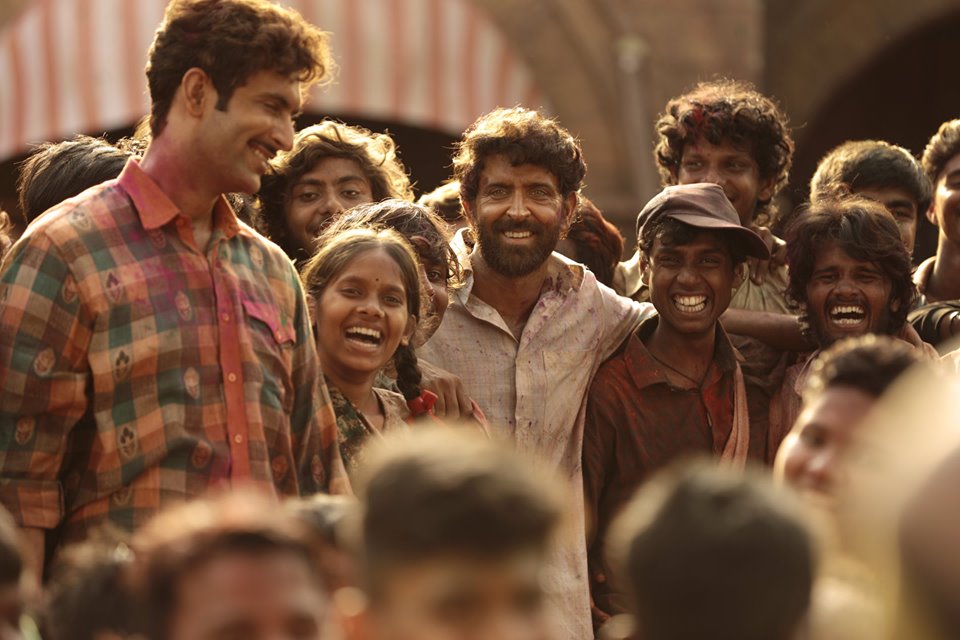Article 15 is a film that has recently released in Indian theatres. The film has been directed by Anubhav Sinha and produced by Zee Studios and Banaras Media Works. The film has been written by Gaurav Solanki and Anubhav Sinha in a joint effort. The main cast composes Ayushmann Khurrana, Sayani Gupta, Isha Talwar among other actors.
As the name suggests the film is centred and deals with the theme of the Indian Constitution’s very significant article called the Article 15. This article is very important for the democratic life of India because it truly lays the foundation for a non-discriminatory, non-exploitative and just society by making discrimination of citizens on the basis of caste, class, religion, sex, or place of birth punishable.
The film is based on many true events that have been creatively adapted to suit the several concerns that the film raises. Some of the significant real instances that do find place in the film include the Badaun rape case (2014), the Una flogging incident(2016) among others.
The film has been chosen for the opening ceremony of the 10th edition of the London Indian Film Festival and was scheduled to be premiered on 20the June.

Article 15 is a very important film because it deals with an issue that is so central to both the Indian Constitution and to the way in which the prevalent political discourse within the nation is organised. Caste, religion and gender continue to hold pivotal positions in the Indian consciousness and even despite the advent of the modernist and techno-scientific imagination, we continue to be an aggressive and violent society that discriminates, violates and denies justice to people based on their birth identities.
A System that is accustomed to Injustice
The film tells a compelling story that is sure to leave behind an impression that forces one to confront the many uncomfortable questions about Indian society. It is centred on the murder and disappearance of two young girls. The bodies of these young victims are hung to trees for the whole village to see but ironically there is little wonder, anger or discontent regarding their passing in Lal Gaon, the little sleepy village of Uttar Pradesh where such draconian murders unfold easily.
Perhaps the system’s inability to deal with lawless citizens, the ever-growing prevalence of political corruption and the lack of political will have completely been seen to manifest themselves in a bureaucratic structure that is used to crime and refuses to take such incidences seriously.
The corrupt and lifeless cops look at such murders without any pain or concern and label them as mere cases of ‘honour killing’. But in this lawless jungle where justice seems like an esoteric idea, steps in Ayan Ranjan( Ayushmann Khuranna) who has studied in Europe and now has come back to his country to look for answers.
In Search of Answers
The film’s central concern is with how despite the significant place that the Indian Constitution gives to Article 15, caste and religious discrimination continue in the Indian political order. In everyday interactions, in the way that people make stereotypes about each other, in the way politics and bureaucracy operate. Thus not surprisingly when Ayan asks for a bottle of water on the way to the Lal Gaon police station, his driver warns him against doing so because they are passing through the ‘polluted and impure’ village of the Pasis( a Dalit community that rears pigs).
The film has also made significant symbolic scenes come alive and add to the message of the film- the scene where for example the statue of B.R. Ambedkar is shown drenched in water as helpless and fatigued as can be reminds us how despite constitutionality we continue to be an unjust social order.
We see how Ayan Ranjan confronts the assertive presence of caste in the day to day interactions and how it forms the foundation of public discourse in India- how the last name is something that decides whether a conversation should be carried forward, whether or not a person is worth dealing with. These sharp observations and the subtle yet impressive addition of realistic discourse on caste in the film have made it believable and impactful simultaneously.
The film makes a very critical observation on the Indian police and the media. The films tell us that the police and the media are very much a part of the discriminatory and corruptive politics in the Indian society and far from being rational agents to ensure the deliverance of justice- they instead find themselves contributing to and even aiding the perpetuation of an unfair order.
The film also makes us rethink progressive politics in the city and how while we do live with the guilt of not being able to transform things at the grassroots, our concerns are often so ornamental.
The magic of the film lies in its film making craft, its capacity to tell a compelling and important story within such a limited time and at no moment making it all sound simplistic. The film retains all its complexities; it doesn’t fall into the trap of providing easy answers or make the mistake of telling us that our battle for truth may be rosy.
Moreover, Ayushmann Khuranna’s versatility as an actor is once again reflected in this film as he convinces us in his role.
His marvellous performance builds a strong foundation for the film to tell the story that it wishes to, and give out ideas that incite dialogue on the important issue. The metaphorical use of incidences, dialogues and characters in this film makes it a very significant film of our times.
The compelling filmography shows how this team surely has a penchant for film making that may not promise box office success but surely compels the audience to think.
At a time when storylines, film casts and exorbitant budgets are all targeted to making the maximum money, Anubhav Sinha’s film chooses an alternative way. It is indeed a film we all must watch.














